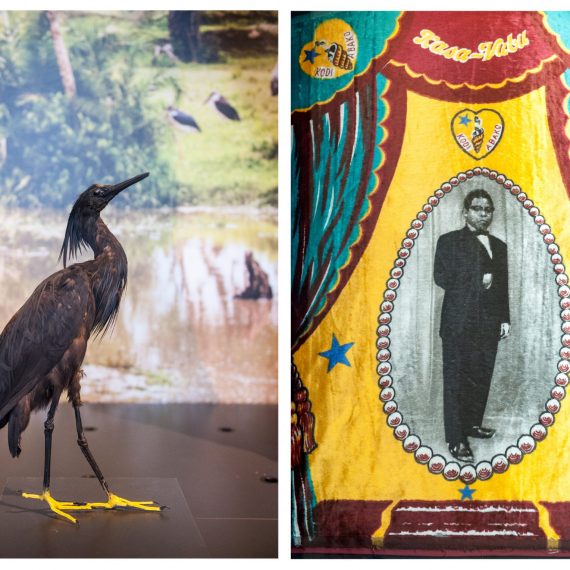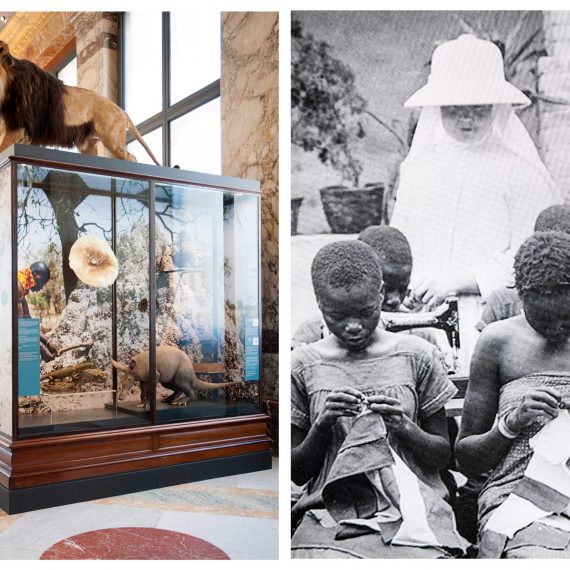Usus Fructus Abusus
Usus Fructus Abusus is a reflection that starts out from a critique of the museum, viewed as an act of historical prevarication on the part of the winners over the vanquished.
In Roman law, ownership was defined as the absolute enjoyment of a tangible object or being. Usus was the right that the holder had to make use of the thing according to its destination or nature; fructus the right to perceive the fruits either real or general; and abusus the right to modify, sell or destroy the object or being. Property was perpetual, absolute and exclusive. Based on the concept of property, a two-voice dialogue is proposed, one in which issues of spoliation, race and gender are addressed.
The concept of a museum dates back more than 300 years, and since then such institutions have given identity and define a nation. But if the origin of these spaces is colonialist, History, collective memory, rights and ethics come into conflict. The purpose of Oyarzabal’s research is to review the relationship between anthropology and museum collections based on a largely plundering colonial past, to contrast the idea of museums as creators of imaginaries, and show them to be a form of institution which isn’t and has never been a merely neutral or beneficial holder/exhibitor of objects and artefacts.
The artist address the myriad ways in which museums have been and often remain the beneficiaries of Europe’s violent expansion and exploitation, responsible for stereotypical imaginary which also goes for the representation of women – in particular of black women – in Western painting.
With Usus Fructus Abusus, Gloria Oyarzabal aims to shed new light on the issue of the restitution of what the European colonialist past plundered and ransacked, pondering who might now judge and repair the fractures of history.



